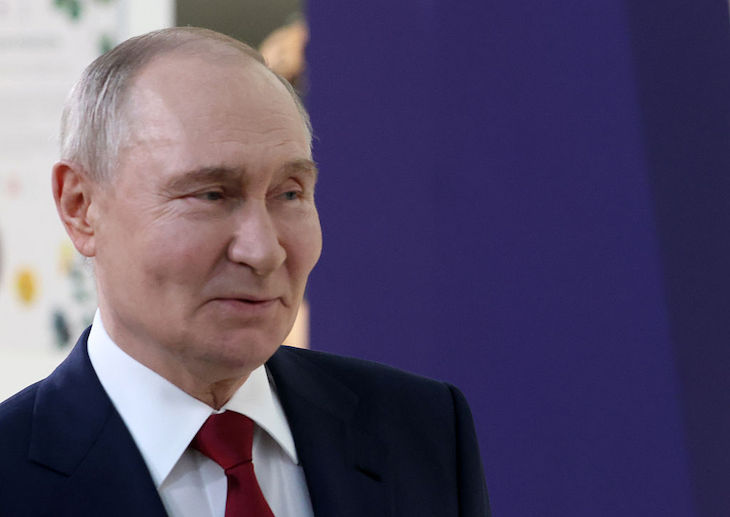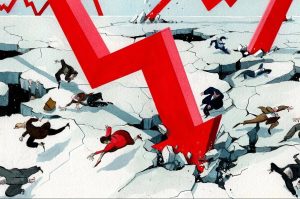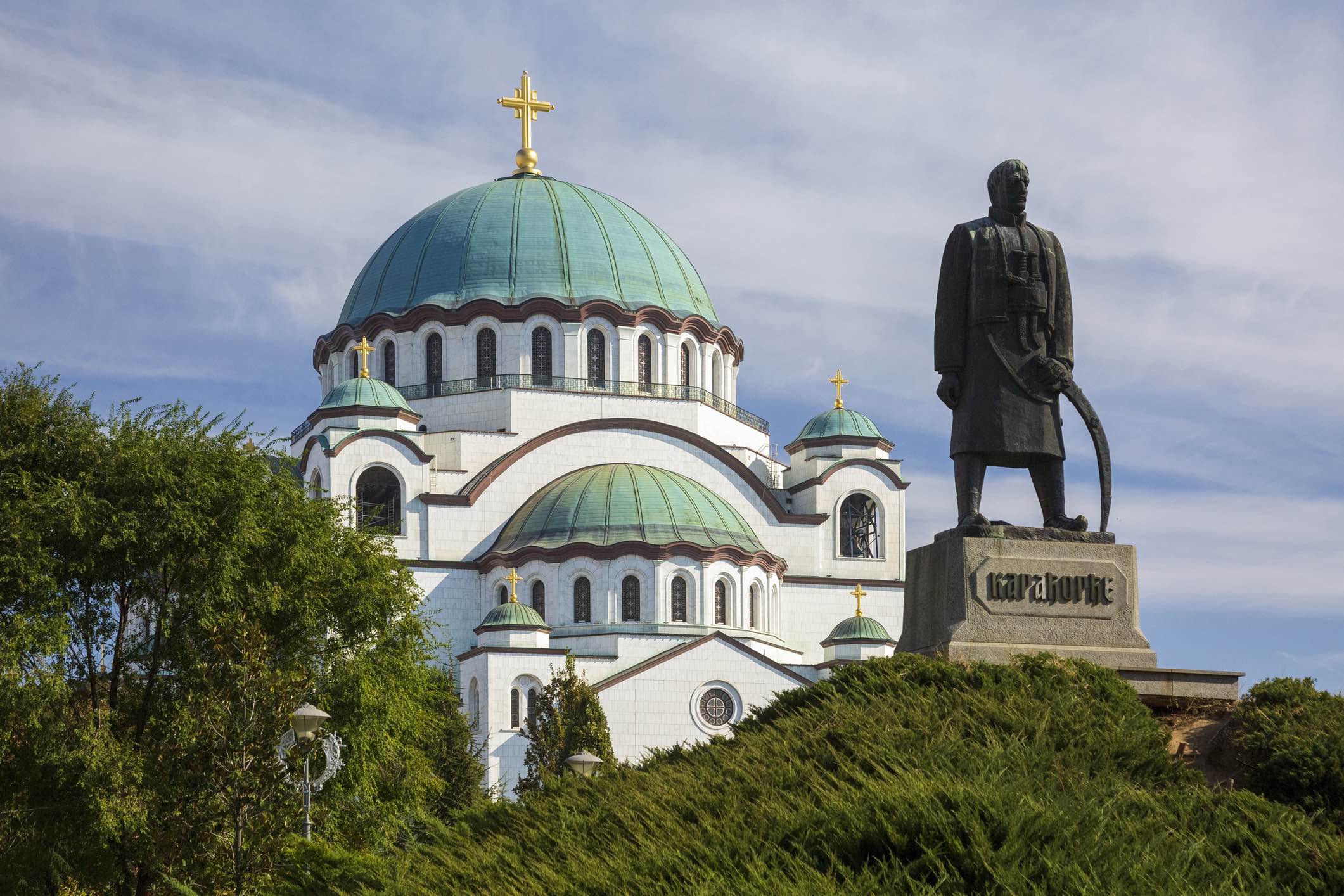Is the Kremlin on the verge of shifting its red lines on Ukraine? As Russian troops on the ground line up to launch a new summer offensive and more missiles rain down on Kyiv than any point since the beginning of the invasion, Putin’s diplomats are reportedly preparing to step back from some of their hardest-line positions. According to a set of Russian position papers seen by Reuters, the Kremlin appears to step back from its earlier demands for “de-militarization” of Ukraine. Also apparently jettisoned are claims on the areas of Donetsk, Luhansk, Kherson and Zaporizhzhia regions still controlled by Ukraine but which Russia had formerly demanded as part of any peace deal.
The Kremlin itself has been quick to squash speculation about their new, apparently toned-down negotiating position, with Putin’s spokesman Dmitry Peskov declining to comment on the terms Russia intends to propose for a ceasefire in Ukraine. So far Peskov has only stated that coming face-to-face talks between Moscow and Kyiv will be “long and painstaking.”
But if true, the new parameters will mark a decided shift from Moscow’s position just two weeks ago when the first talks between Russian and Ukrainian teams since the beginning of the war took place in Istanbul. Putin’s decision not to send a single cabinet-level representative and instead deploy the exact same minions as had led unsuccessful negotiations back in April 2022 seemed a calculated snub. Former culture minister Vladimir Medinsky, who led both delegations, did little more than re-state the same Kremlin talking points that had scuppered previous talks. Russia’s specific deal-breaking demands were for restrictions on the size of Ukraine’s military, for official recognition that territory seized by Moscow’s forces was de jure a part of Russia, and that Moscow would have a formal veto on Ukraine’s future ability to join any international alliances such as NATO or the European Union.
Putin’s new set of demands represent roughly the same tune, but played with fewer notes. In place of restrictions on the size of Ukraine’s military, there is talk of excluding the deployment of foreign – read NATO – troops and strategic rockets on Ukraine’s territory. In place of demands for formal control over Ukraine’s future alliances, Russia appears now to be demanding a formal statement from NATO that Kyiv will not join the organization. And Moscow also demands Ukraine’s return to the neutral status that was enshrined in its constitution between 2010 and 2015.
There is no word, yet, on how Moscow’s position might shift on its demands for “de-nazification.” During the last Istanbul talks in 2022, Medinsky demanded that the rights of Russian speakers inside Ukraine be protected, the reversing de-Sovietization campaigns that had removed the names of Soviet war heroes from streets and institutions and replaced them with Ukrainian nationalists (some of whom had fought with the Nazis in World War Two) and scrapping Ukrainian laws that criminalize display of Soviet-era symbols such as flags and red stars. But in fact there is clearly room for compromise on the issue of language rights as the Kremlin finds itself in unexpected agreement with the European Union, which has also insisted that the rights of the speakers of minority languages be protected and has criticized Ukraine’s restrictions on Russian.
There is one new element in Russia’s reported negotiating position that also gives some hope that agreement may be reached. The Kremlin’s earlier official position on international sanctions had been that they actually helped the Russian economy become independent and that Russia would not be seeking sanctions relief as part of peace talks. That stance was disingenuous and everyone knew it. Now, according to Reuters, lifting of banking sanctions and the return of Russian Central Bank assets frozen in the EU and US are back on the table.
If the reported new position paper is what Russia eventually brings to the negotiating table – venue as yet to be finalized – does it show that Putin could actually be finally ready for a ceasefire? Certainly, evidence is mounting that his economy is under increasing pressure, first and foremost from falling oil and gas revenues. Or are the newly-softened demands an elaborate stalling tactic designed to drive a wedge between the US and Europe?
Putin’s demand that NATO formally renounce any further expansion is likely one that the Trump administration would find happily sign off on. Many Europeans, by contrast, would be up in arms – not least because such a declaration would acknowledge a de-facto sphere of influence for Putin over his near abroad.
In fact, compromises over the status of front-line countries were common during the Cold War. Norway, for instance, was a founded member of NATO in 1949 and, with Turkey, one of only two countries in the alliance with a land border with the USSR. But from the outset Norway unilaterally declared that it would allow foreign troops and weapons on its soil only in the event of war. West Germany was admitted a member of NATO, but its claims to rule the whole of the country were parked in a diplomatic limbo until reunification in 1991. And most famously Finland, which had been invaded by the Red Army in 1939 but unexpectedly repelled the more numerous Soviet aggressors from 75 percent of its territory, remained strategically neutral during the whole Cold War period, trading with both the West and Russia.
But a return to that kind of Soviet-era division of the world into zones, reminiscent of the carve up of Europe by Churchill, Roosevelt and Stalin at the Yalta Conference in 1944, could cause a deep and deadly break between Washington and Europe. It would also open deep rifts inside Europe itself between vocally anti-Kremlin Baltics and more pro-Russian Central Europeans. That, of course would delight Putin, a past master of divide and rule.
Similarly fundamental differences of principle would apply in any lifting of sanctions. Trump has already repeatedly talked up the great opportunities for future business cooperation between the US and Russia after a ceasefire. But many Europeans remain adamantly opposed, with the EU formally committing itself to wean itself entirely off any Russian oil or gas imports by 2029 (even as it in fact increased its exports of Liquefied Natural Gas by 25 percent from Russia in 2024). Germany’s new Chancellor Friedrich Merz vowed this week that he would oppose the reopening of the partially-destroyed Nord Stream gas pipeline, sabotaged in September 2022 – even though one of the four lines remains intact and could start pumping cheap Gazprom gas tomorrow. America lifting sanctions – especially banking sanctions – would quickly make a mockery of European attempts to hold the line and spark a stampede to get back into the Russian market by US multinationals.
Genuine baby steps towards compromise or fiendish plot to sow discord among Ukraine’s friends? Putin’s reported proposals could easily be both. But so far only one thing is clear – talks will indeed be long, protracted and acrimonious. But thanks to the Kremlin’s scheming, as many of the disagreements promise to be between Kyiv’s friends as with Ukraine’s arch-enemy.

























